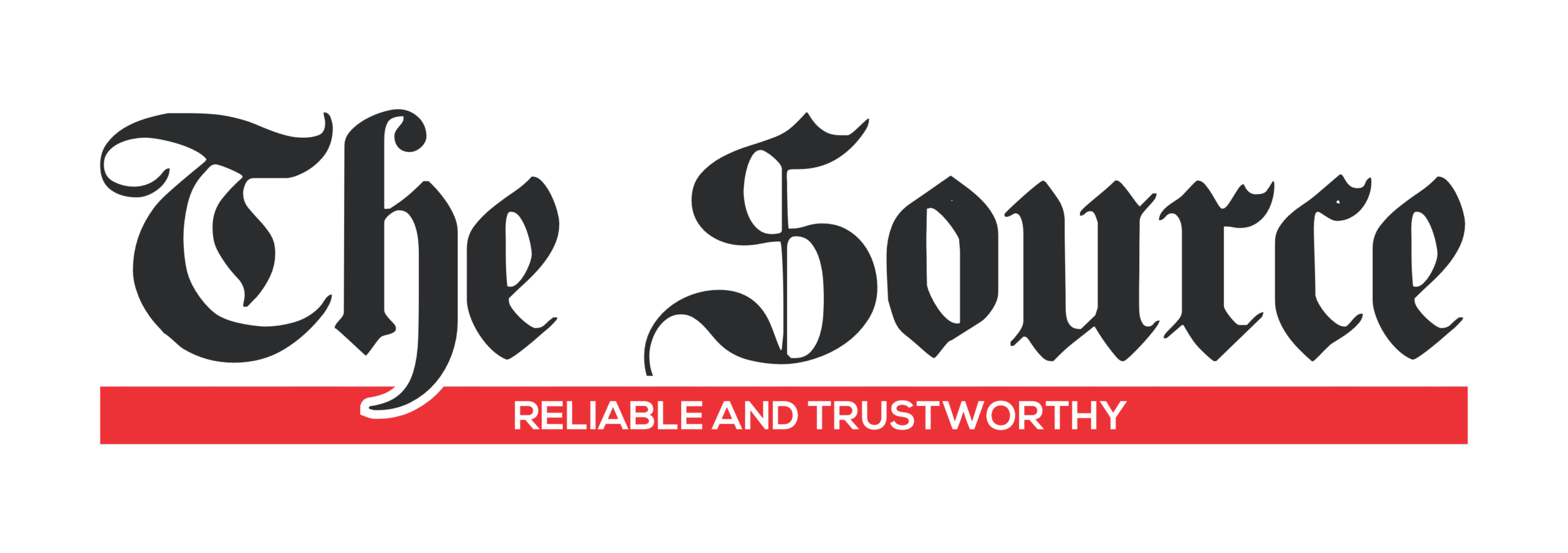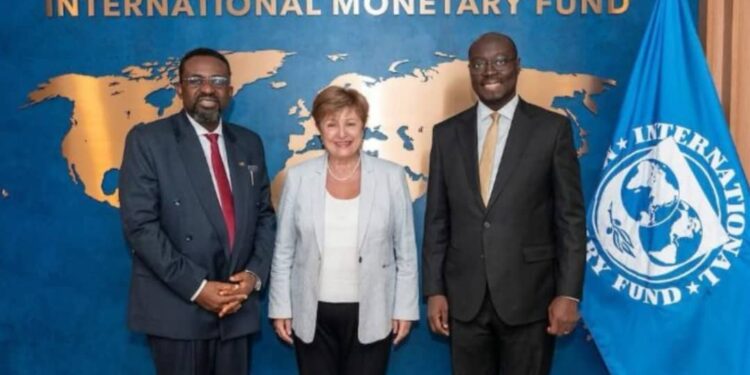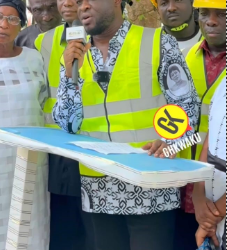Ghana is preparing to host a team from the International Monetary Fund (IMF) on September 29, 2025, for the much-anticipated fifth programme review under its ongoing bailout programme. The mission will assess the country’s progress on fiscal reforms, debt management, and structural adjustments that were agreed upon when Ghana signed onto the IMF-supported programme in 2022.
A positive review is expected to unlock the next tranche of disbursements, estimated at US$360 million, bringing much-needed foreign exchange inflows to stabilize the economy and sustain recovery efforts. The review outcome will also be a key signal to investors and international partners about the government’s fiscal credibility.
Why It Matters
Ghana has been grappling with high debt levels, inflationary pressures, and limited access to international capital markets. The IMF programme was therefore designed to restore macroeconomic stability, improve revenue collection, and enforce expenditure discipline. According to the Ministry of Finance, progress has been made in reducing inflation, stabilizing the currency, and narrowing the fiscal deficit.
However, challenges remain. Analysts caution that the upcoming review will be closely scrutinized for Ghana’s ability to maintain fiscal prudence in the run-up to the 2026 election year, a period that historically sees overspending.
Market and Investor Reactions
Economists note that the IMF’s approval could help unlock not just IMF resources, but also additional budgetary support from bilateral and multilateral partners. “The credibility of Ghana’s programme hinges on the fifth review,” said a senior economist at a leading Accra-based think tank. “A successful outcome could ease financing pressures and reduce borrowing costs.”
Currency traders are also monitoring developments. The cedi has enjoyed relative stability over the past quarter, partly due to investor optimism about Ghana’s fiscal direction. A failed or delayed review, however, could trigger renewed market volatility.
Looking Ahead
The IMF mission will meet government officials, the Bank of Ghana, and key stakeholders in the financial sector. Discussions are expected to focus on domestic revenue mobilization, debt restructuring progress, expenditure efficiency, and growth-supporting reforms.
For businesses, the review’s success will determine the stability of the macroeconomic environment over the next year. For households, it represents the hope that fiscal discipline will keep inflation and currency pressures in check, while sustaining growth prospects.






